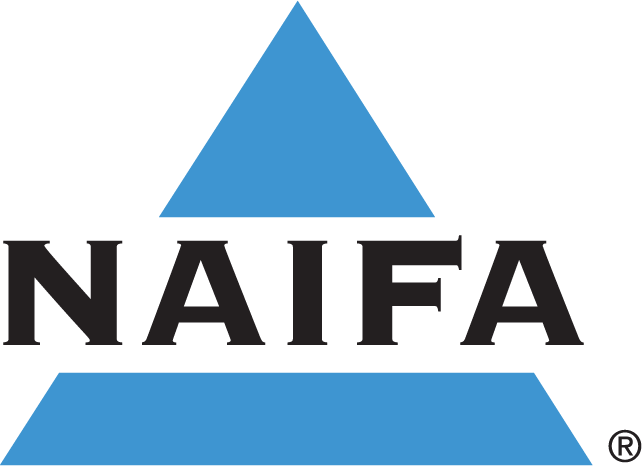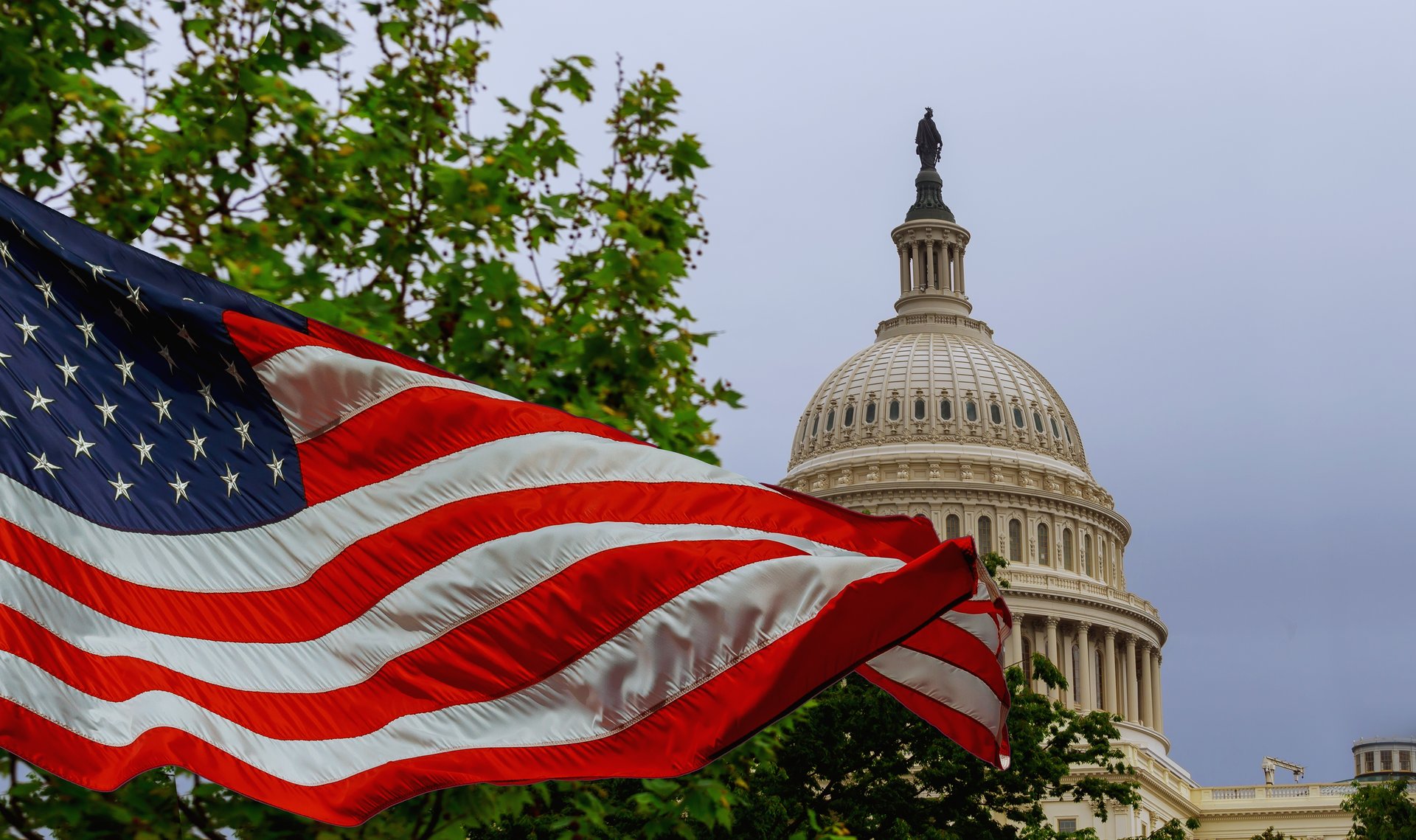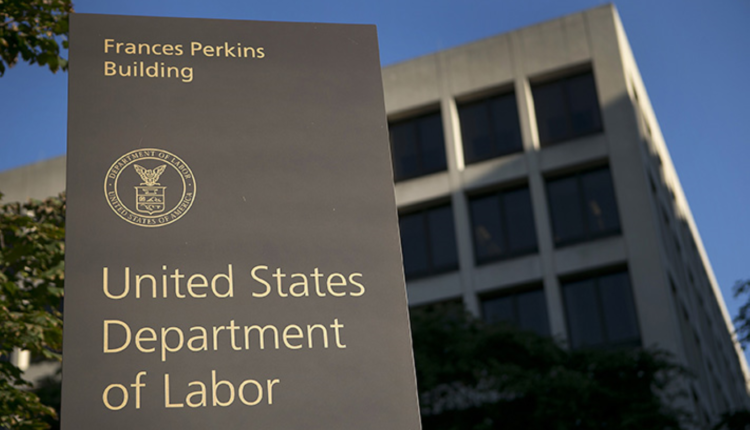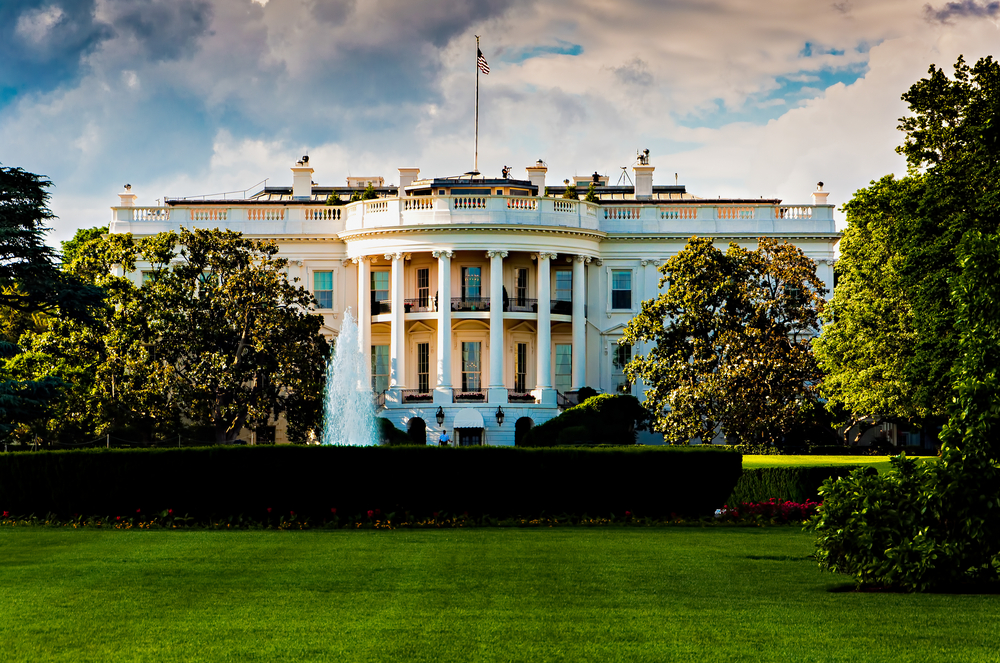The Biden Administration has confirmed that the Department of Labor (DOL) will move forward with a prohibited transaction exemption (PTE) for financial professionals who provide retirement plan advice. DOL previously announced the new PTE on December 15 during the Trump Administration. It goes into effect February 15.
The PTE requires advisors to work in the best interests of their clients, receive reasonable compensation, and make no “materially misleading statements.” In the announcement that the PTE will go into effect as scheduled, DOL stated that the Employee Benefits Security Administration “will publish related guidance for retirement investors, employee benefit plans, and investment advice providers” in coming days.
The DOL exemption aligns with the Securities and Exchange Commission’s Regulation Best Interest and preserves opportunities and choices for workers and retirees seeking high-quality, personalized advice. Financial firms have been preparing to implement the rule.
“DOL has made a good decision to move forward with this exemption,” said NAIFA CEO Kevin Mayeux. “It strikes the right balance by including robust compliance obligations that serve the interests of investors, while avoiding an overly prescriptive approach or penalizing certain market segments or arrangements versus others.”
The DOL under the Obama administration initially issued a rule that would have imposed a restrictive fiduciary duty on financial professionals and hindered access of middle-market investors to retirement services and advice. NAIFA was among the organizations that filed a lawsuit resulting in the U.S. Court of Appeals for the Fifth Circuit vacating the rule in 2018.
